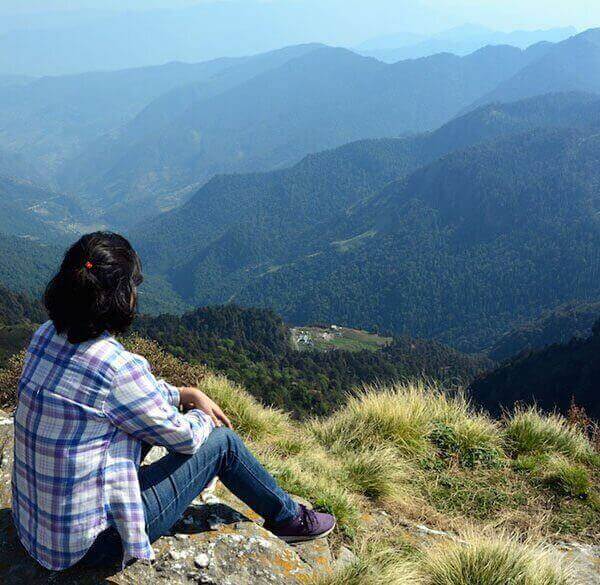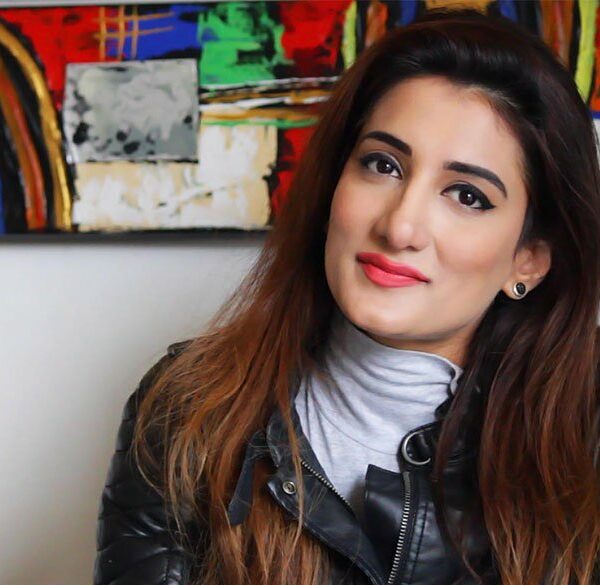Even the forces of global warming seem to have not transcended sex and gender, as evidence shows that women (especially rural women) have it worse when it comes to dealing with the consequences of climate change. From health to participation in public activities, women tend to face a hard bout of global warming.
Climate Change a.k.a China China China in Trumpian language, is the most pressing issue that the human civilization faces in the 21st century. Compensating for an environmental and economical baggage that the leaders from our past have left us with has been a challenge – transcending borders and classes. It is known to almost anyone not living under a rock that the duties of the private sphere i.e the home kitchen are delegated to woman. For these duties, they have to collect clean water to be used for consumption purposes and wood for cooking and other needs. Due to climate change, water sources have depleted and deforestation is evident due to lack of rain and ever reducing groundwater levels. This has a twofold effect as :
- Women and girls have to travel farther distances to collect these materials, making these duties much more time and effort consuming.
- They also have to remove themselves from other activities of their choice for longer period of time to collect firewood and water.
TOLL ON HEALTH
On the first glance, this seems like a whine on the part of a few lazy women who don’t want to walk the additional 10 meters. But the issue is much graver than it seems. Water sources and the presence of wood sources has dwindled so much that women have to walk tens of kilometers farther than they had to ten years back. This can take a serious toll on their health, as many cases have been seen of women having unreasonably low amounts of time ( in some cases 3 hours per 24 hours) for resting.

Water and wood sources have dwindled so much that women have to walk tens of kilometers farther than they had to ten years back. This can take a serious toll on their health, as many cases have been seen of women having unreasonably low amounts of time for resting.
EDUCATION AND ACTIVISM
Furthermore, in most cases young girls have to forego their education as their mornings are occupied by such tasks. A larger amount of time invested in mundane duties like these also means that women have less time to invest in political activity and activism regarding issues that affect them. This hampers the already low rate of female participation that may have been possible.
UNEVEN ALLOCATION OF RESOURCES
Women are rarely the decision makers in families or communities, and often such societies are ridden with patriarchal norms that give more weightage to the health needs and survival of the males than that of the females. In case there is a dearth of resources, the already scarce resources will be allocated for male needs. Furthermore, in case disaster strikes, women are more vulnerable compared to men, as was shown by researchers from London School of Economics. Taboos regarding women in the public sphere have also caused communication problems leading women to suffer more.

Women are rarely the decision makers in families or communities, and often such societies are ridden with patriarchal norms that give more weightage to the health needs and survival of the males than that of the females.
Pregnancy and other familial obligations further worsen the scenario for women. While it is commonly acceptable for men to leave their home village in search of better residence and employment opportunities, but taboos regarding women doing the same still remain in rural areas.
THE REVERSE SIDE
Although this is reversed on its head sometimes as women have gained more power and respect in recent times due to the formation of new women organizations working to make their farms more economically viable and environmentally sustainable. For example, in Nwadjahane, Mozambique, women associations have been crucial in allowing the entire community to adapt to recent issues.
Women possess great amounts of knowledge regarding seeds, soils, seasons etc, making them better equipped to handle challenges posed by climate change. Due to their unprecedented confidence in such endeavors and their invaluable contributions in enhancing agricultural performance has given women new socio-cultural status. However, as impressive as it is to see collective effort from women in such cases, a grave reality of gender disparity still remains.
A larger amount of time invested in mundane duties like these also means that women have less time to invest in political activity and activism regarding issues that affect them, when they already have low rate of participation.

Needless yet needful to say, our environmental goals must consider gender issues and try to empower, emancipate and elevate women. So much so that gender equality is an agenda in and of itself within the Paris Agreement.
“Parties when taking action to address climate change, respect, promote and consider their respective obligations on human rights, the right to health, the rights of indigenous peoples, local communities, migrants, children, persons with disabilities and people in vulnerable situations and the right to development, as well as gender equality, empowerment of women and intergenerational equity”
The question now is will we hold women back, into kitchens and corners or will we overturn patriarchy on its bottom and combine the expertise and skill that women have to aid us in our mission to save our planet, to save our women.












